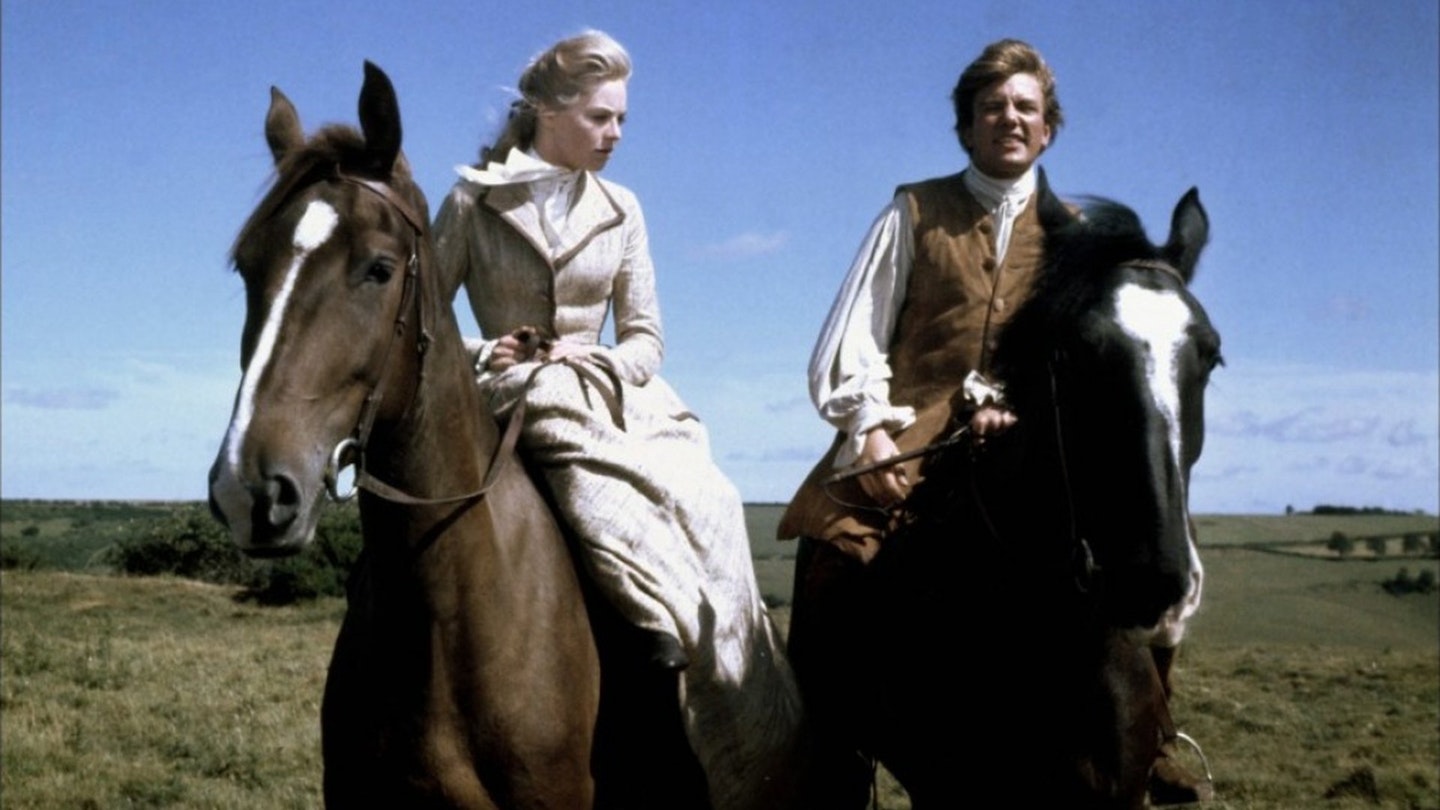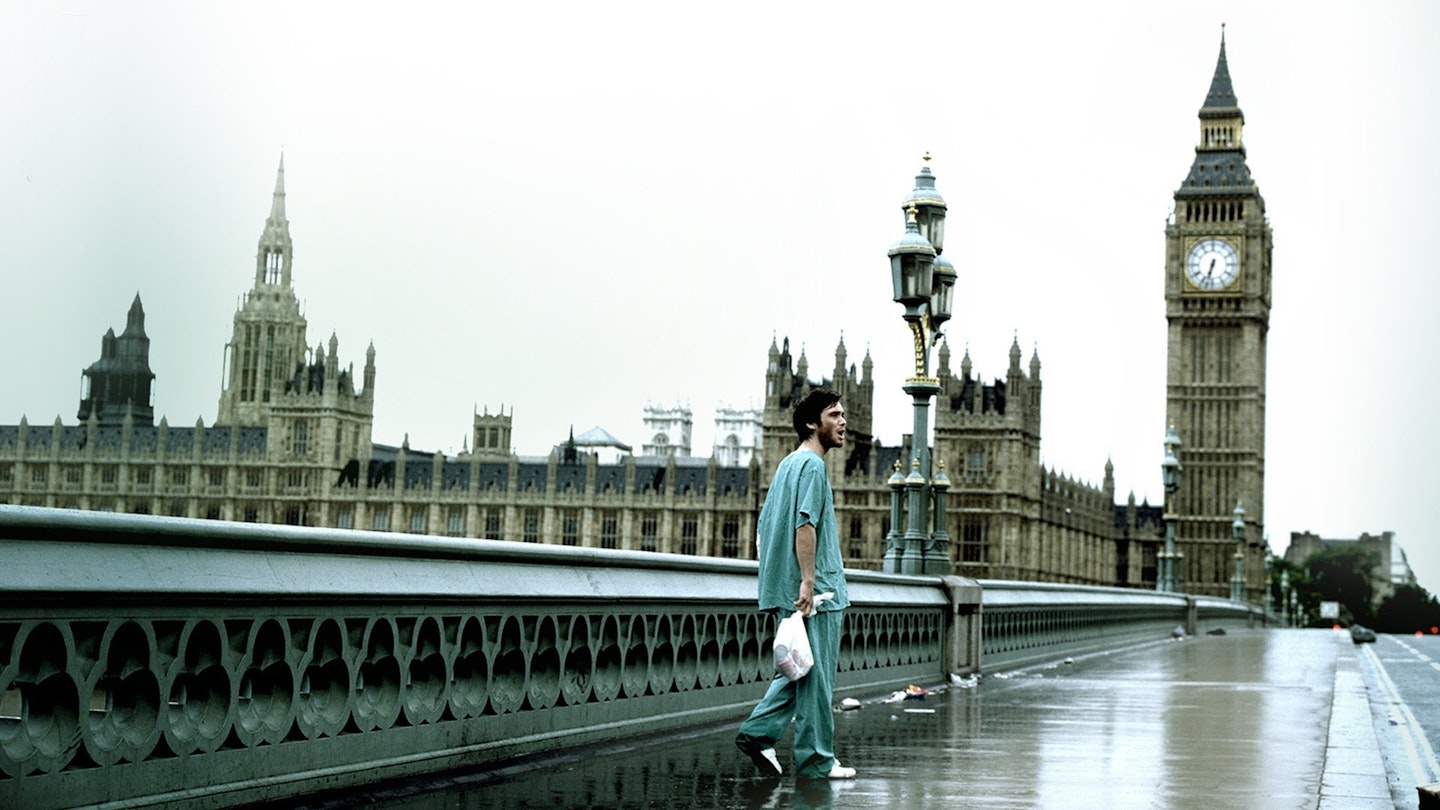Tony Richardson became the first of the Free Cinema generation to tear himself away from the kitchen sink with this bawdy period romp, although there were those who claimed that he was actually returning to an even earlier form of social realism by adapting Henry Fielding's scurrilously satirical novel in the style of a William Hogarth painting.
Indeed, there was plenty to link Albert Finney's anti-heroic foundling with the womanising opportunists who had figured in the likes of Room at the Top, Look Back in Anger and Saturday Night and Sunday Morning. Moreover, the lampoon of the manners and mores of the 18th century had more than a little bearing on a society about to enter its own permissive phase and it's clear that the film's success at the Academy Awards in the same spring that The Beatles broke America helped to launch the international impression that the ‘60s really had begun to swing.
But the biggest influence on Richardson's approach to this picaresque pantomime was hardly homegrown, as from its opening prologue, in which silent mumming is complemented by parodic intertitles and a pastiche score, the spirit of the nouvelle vague is readily evident. It informs Walter Lassally's dislocating handheld photography which emphasises that this is a movie recreation of both the 1740s and the text, as well as in Richardson's use of stop-motion, freeze frames and direct addresses to the audience.
Yet, Ralph Brinton's production design and John McCorry's costumes were meticulously researched and bound the picture into the UK heritage tradition, although its lusty approach to eating scenes rendered it more akin to Alexander Korda's The Private Life of Henry VIII than that other British Best Picture winner, Laurence Olivier's Hamlet.
The ensemble cast is mostly excellent, with Diane Cilento, Edith Evans and Joan Greenwood's deft cameos shaming heavier handed contributions by Hugh Griffith and David Tomlinson. But if Tom Jones now feels something of a product of its times, it still deserves credit for attempting something new - no matter how derivative.

